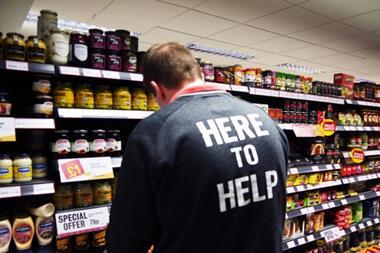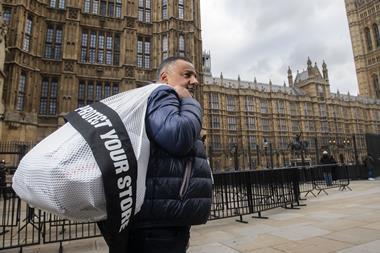Concerns grow over rising staff costs

Retailers have voiced concerns about their long-term sustainability given next year’s anticipated rise to the National Living Wage (NLW), the phased introduction of staff pensions, and continued uncertainty over future implications of Brexit on small businesses.
ALREADY HAVE A REGISTERED USER ACCOUNT? PLEASE LOG IN HERE
To read the full story join the ConvenienceStore.co.uk community today!
Registration is quick and easy and provides access to:
- Unlimited ConvenienceStore.co.uk articles
- Our great range of newsletters
- Content you’ve saved for later via the ‘my library’ feature
And much more…
























